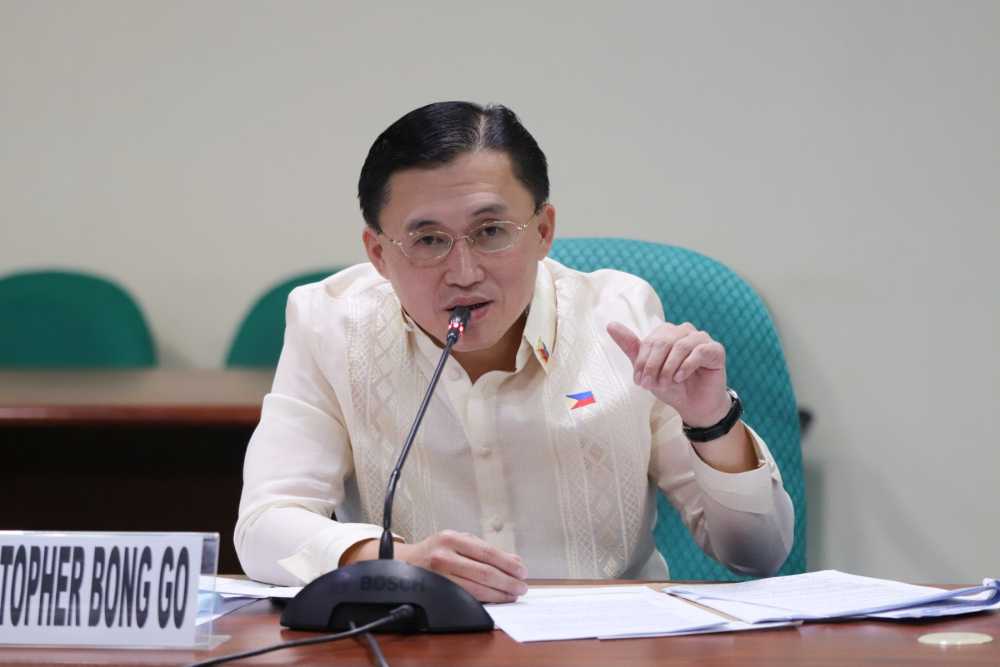Senator Bong Go has called upon the Department of Health (DOH) to uphold the accessibility of medical aid for indigent patients.
He pursued this amidst reports of impoverished individuals being denied care or hesitating to seek hospital treatment due to financial concerns. The senator’s remarks highlight the DOH’s increased budget allocation this year, specifically targeting medical assistance programs for those in need.
Addressing Concerns at Senate Hearing
Relevant issues were raised during a public hearing jointly organised by the Senate Committees on Health, tourism, and Finance. The issues discussed surround the DOH’s Medical Assistance for Indigent Patients (MAIP) program. This program is designed to provide financial support for impoverished patients’ medical expenses. The budget given to the said program has received a significant increase. Moreover, the program aims to enhance accessibility to healthcare services, particularly through Malasakit centres.
No Patient Should be Refused
Ensuring no patient was turned away from necessary medical assistance was emphasised. Sen. Go urged Health Secretary Ted Herbosa and Undersecretary Molly Chiong to prioritise accessibility and prevent patients from being denied care due to financial constraints.
Shortages in MAIP Funds
Highlighting reports of hospitals facing depletion of MAIP funds, the Senator expressed concern over the situation in Basilan, Zamboanga del Sur, and Zamboanga City. Despite the substantial increase in MAIP funding approved by Congress, hospitals in these areas are reportedly experiencing shortages, hindering their ability to provide essential medical aid to needy patients.
Confirmation of Budget Increase
Health Secretary Ted Herbosa confirmed the significant increase in MAIP funds. It has now exceeded P50 billion in 2024, compared to the initially requested amount of around P22 billion. While acknowledging the boost in funding, concerns persist regarding the efficient utilisation of these resources and the equitable distribution to healthcare facilities nationwide.
Commitment to Efficiency: DOH’s Pledge
On the other hand, Health Undersecretary Emmie Lisa Peres-Chiong committed to efficiently utilising MAIP funds. She aims to address reported shortages and prevent any disruptions in medical assistance delivery. However, challenges remain in effectively managing the allocation of funds and addressing the needs of hospitals facing resource constraints.
Call for Transparency and Accountability
Senator Go also urged health officials to provide regular updates on utilising MAIP funds and transparency regarding hospitals experiencing shortages. Stakeholders can identify areas for improvement and take prompt action to address emerging challenges in medical assistance provision. This will be done by monitoring the distribution and utilisation of resources,
Strengthening Malasakit Centers
In addition to addressing fund shortages, the importance of strengthening Malasakit centres as key hubs for delivering medical aid to needy patients was also emphasised. These centres serve as one-stop shops, streamlining the process of accessing financial assistance for healthcare expenses. It also ensures that vulnerable populations receive timely and comprehensive support.
Prioritising Healthcare Accessibility
In conclusion, Senator Bong Go’s advocacy for the accessibility of medical aid reflects a commitment. It ensures that all individuals have access to essential healthcare services regardless of financial status. As the DOH grapples with effectively managing increased MAIP funding, it is imperative to prioritise transparency, efficiency, and accountability in resource allocation. By working collaboratively to address challenges and uphold the principles of universal healthcare, stakeholders can strive towards a healthcare system that leaves no one behind.












